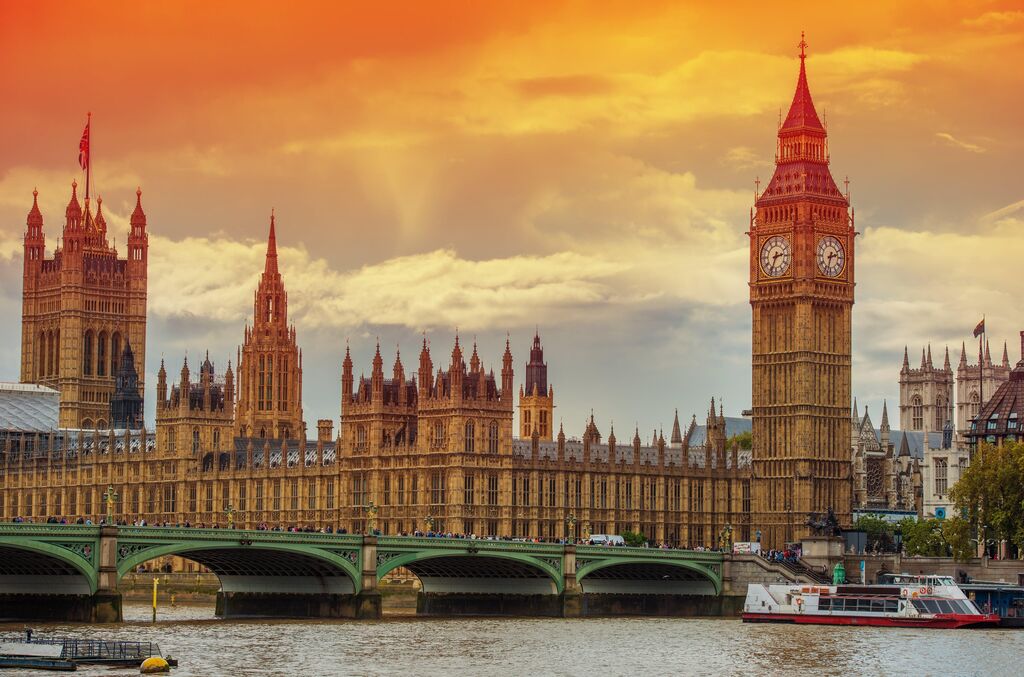Archbishop of Canterbury says Illegal Migration Bill risks ‘great damage’ to UK’s reputation
The Illegal Migration Bill received strong opposition from the Archbishop of Canterbury yesterday as it began its passage through the House of Lords.
The Bill, a key part of Prime Minister Rishi Sunak's plan to ‘stop’ small boats crossing the English Channel is aimed at ensuring people who arrive in the UK in small boats are detained and promptly removed, either to their home country or a third country such as Rwanda.
Justin Welby, the Archbishop, said the Bill is “morally unacceptable and politically impractical" and would not stop small boat crossings.
He added that the Bill fails in “our moral responsibility” towards refugees, describing the draft legislation as a “short-term fix” that “risks great damage to the UK’s interests and reputation, at home and abroad”.
"We need a Bill to reform migration. We need a Bill to stop the boats. We need a Bill to destroy the evil tribe of traffickers. The tragedy is that without much change this is not that Bill.”

Immigration Minister Robert Jenrick told BBC World at One:
“It's important that the House of Lords plays its constitutional function scrutinising legislation but I strongly disagree with some of the comments that have been heard in the House of Lords today. This is the right approach.”
The Minister also added that the Archbishop’s comments were “wrong on both counts” stating:
“There's nothing moral about allowing the pernicious trade of people smugglers to continue... By bringing forward this proposal we make it clear that if you come across illegally on a small boat you will not find a route to life in the UK… That will have a serious deterrent effect.”
Together, for the Times Red Box, Home Secretary Suella Braverman and Justice Secretary Alex Chalk wrote:
“We urge the House of Lords to look at the Illegal Migration Bill carefully, remember it is designed to meet the will of the British people in a humane and fair way, and back the Bill.”
Several peers, along with senior Tories, including the former Prime Minister Theresa May, have also raised concern that the bill will have a potentially devasting impact on victims of modern slavery.
Baroness Helic, a former adviser to William Hauge, who fled to the UK from Bosnia when she was 23, described the plan as a “race to the bottom” and questioned its morality.
However, Conservative peer, Lord Forsyth, told the House that whilst he agreed with the Archbishop on spiritual matters and that the bill requires further scrutiny, it was "not reasonable to criticise the government for trying to deal with this problem", especially when he is “yet to hear” a viable alternative.
A spokesperson for Downing Street commented:
“The Government will continue to robustly defend it… We think it is about an issue of fairness and it is not right to allow people to be preyed upon by criminal gangs.”
Rebecca Stevenson, CARE’s policy lead on human trafficking, said:
“A fierce backlash to the small boats bill in parliament, which includes an intervention by the Archbishop of Canterbury and staunch criticism by Tory backbenchers, underlines just how controversial the government’s plans are. CARE is deeply concerned about the potential impact of the Illegal Migration Bill as it stands. Ultimately, the approach being taken by ministers will result in genuine victims being deported and handed back into the hands of traffickers.
We also reject the way human trafficking and people smuggling have been lumped together as if they are the same. They are not. People smuggling involves paying for someone - usually a gang - to smuggle you into a country illegally. Human trafficking involves coercion, abuse, and exploitation. The two are distinct and separate crimes. Blurring these lines risks genuine victims not being identified and thereby receiving the help they need to recover from their trauma.
We urge the government to think again regarding elements of the small boats bill to do with human trafficking. At the very least, ministers must ensure that victims are granted support and leave to remain until their claim can be properly assessed. If the government fails to listen to concerns from the trafficking sector, and maintain the integrity of modern slavery laws, it risks a serious moral failure affecting some of the most vulnerable people in our country."
Share